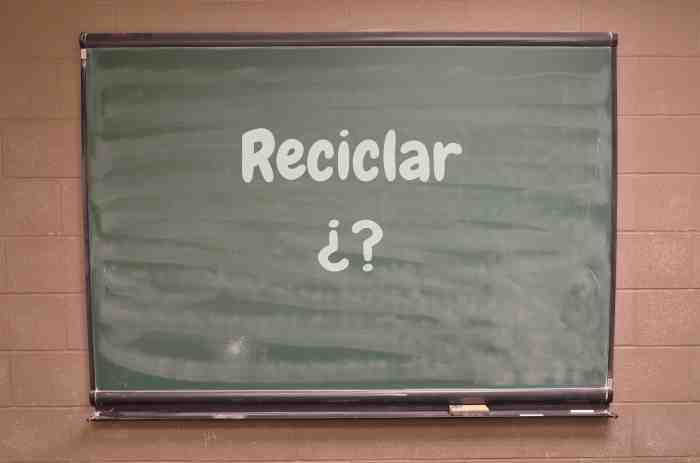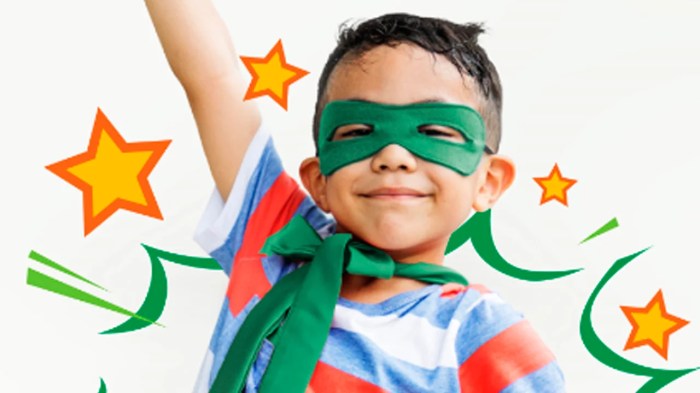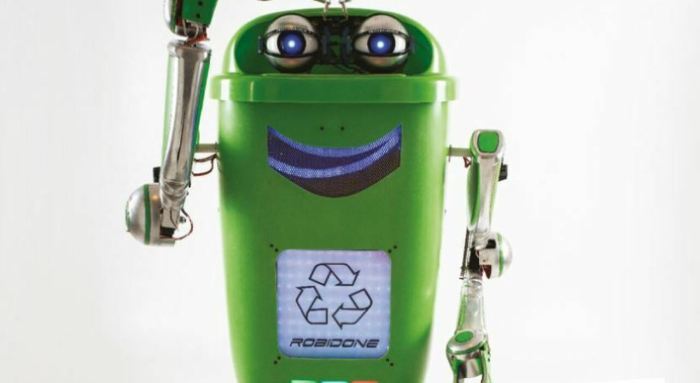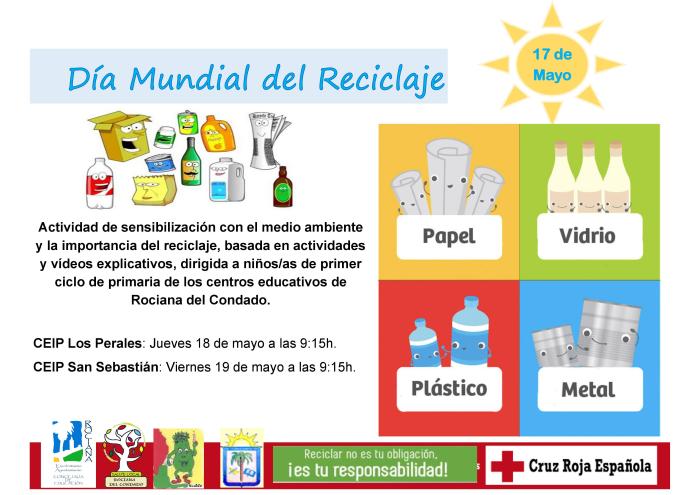Embark on a journey to discover 9 innovative ways to make recycling enjoyable and educational for kids. From creative projects to eco-friendly competitions, let’s explore how to instill a love for sustainability in the younger generation.
Learn how to turn mundane recycling tasks into exciting adventures that inspire children to protect the environment and embrace green living practices.
Creative Recycling Projects

Engaging kids in creative recycling projects not only teaches them about sustainability but also allows them to express their creativity. Here are three unique craft ideas using recyclable materials:
Recycled Magazine Coasters
Turn old magazines into colorful coasters by following these steps:
- Choose colorful magazine pages and cut them into squares.
- Glue the squares together in a checkerboard pattern.
- Apply a coat of decoupage glue over the top for a glossy finish.
Plastic Bottle Planters
Create mini planters from plastic bottles with these simple steps:
- Cut the top off a plastic bottle and punch holes in the bottom for drainage.
- Decorate the bottle with paint or markers.
- Fill with soil and plant small succulents or herbs.
Egg Carton Flower Bouquet
Transform empty egg cartons into a vibrant flower bouquet with the following instructions:
- Cut out individual sections of an egg carton.
- Paint the sections in bright colors to resemble flowers.
- Attach pipe cleaners as stems and arrange the flowers into a bouquet.
Engaging kids in hands-on recycling projects not only fosters their creativity but also instills important values about the environment. By creating art from recyclable materials, children learn the significance of reducing waste and repurposing items to give them new life.
Educational Games and Activities

Engaging kids in educational games and activities is a fantastic way to teach them about the importance of recycling in a fun and interactive manner.
Design a Recycling-Themed Board Game
Creating a recycling-themed board game can be a great way to introduce kids to concepts of waste management and recycling. Players can navigate through different challenges and obstacles related to recycling, learning valuable lessons along the way.
Interactive Activities for Teaching Recycling
Interactive activities such as sorting recyclables, creating art from recycled materials, or participating in recycling challenges can help children understand the impact of their actions on the environment. These hands-on experiences make learning about recycling more tangible and engaging.
Fun Recycling Puzzles and Quizzes
- Recycling Word Search: Create a word search puzzle with terms related to recycling such as “compost,” “reuse,” or “landfill.”
- Recycling Quiz: Develop a quiz with questions about the recycling process, different types of recyclable materials, and the benefits of recycling.
- Recycling Memory Game: Make a memory game where kids match recyclable items with their corresponding recycling bins or categories.
Eco-Friendly Competitions

Organizing recycling competitions among kids can be a fun and effective way to promote sustainable practices. By adding a competitive element, children are more likely to actively participate and engage in recycling efforts.
Rules and Guidelines
- Set clear guidelines on what items can be recycled and how they should be sorted.
- Establish a point system to track each participant’s contributions.
- Determine a timeframe for the competition to keep the momentum going.
- Reward participants with points, prizes, or certificates for their recycling efforts.
Impact of Gamification
Introducing gamification in recycling competitions can make the process more engaging and enjoyable for kids. By turning recycling into a game, children are motivated to participate and learn about the importance of sustainability in a fun way.
Tips for Exciting Competitions
- Include interactive challenges or tasks related to recycling.
- Encourage teamwork by forming groups or teams to compete together.
- Create a leaderboard to track progress and build excitement among participants.
- Host a final event to announce winners and celebrate everyone’s contributions.
Ending Remarks

In conclusion, by incorporating these 9 strategies into daily activities, children can develop a lifelong commitment to recycling and environmental conservation. Let’s empower the next generation to make a positive impact on the planet and create a sustainable future together.